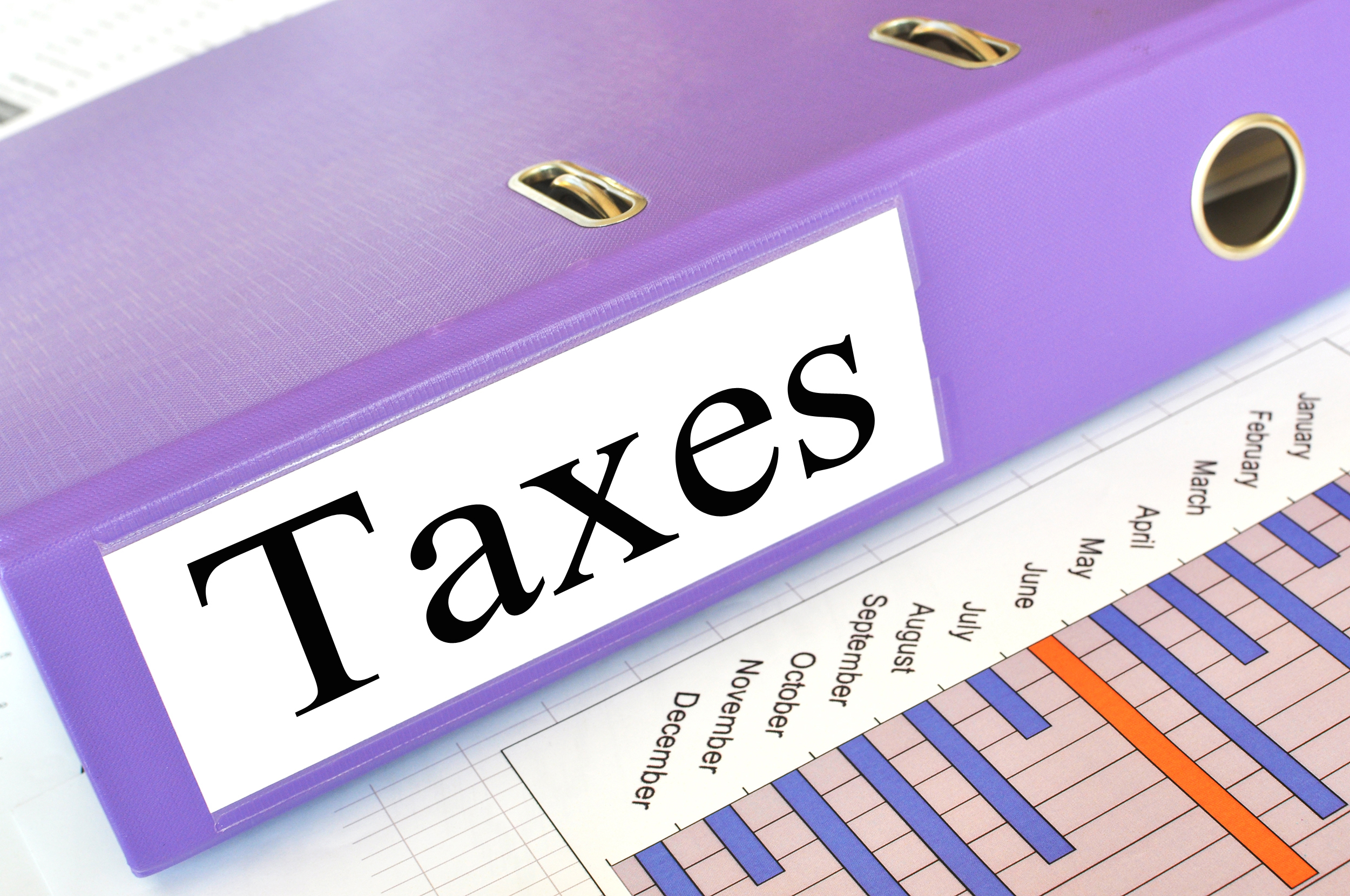Investing
Tax Freedom Day: Five ways to reduce the amount of tax you pay

Today marks ‘Tax Freedom Day’, the day we stop paying the Government taxes and start earning money for ourselves.
This year Tax Freedom Day, which is calculated by the Adam Smith Institute, falls two days earlier than in 2013.
The impact of taxation differs for each individual depending on their circumstances – for some earners who may be subject to higher or additional rates of tax, the day they start working for themselves could be later.
To mark the occasion, Jason Hollands of Bestinvest explains five ways to minimise the amount of tax you pay and push your own Tax Free Day forward on the calendar.
1. Shelter savings and investments in ISAs
Within ISAs interest on cash and income from bonds is tax free, there is no liability to higher rates of tax on individuals and capital gains are also sheltered from tax. From this July the ISA allowance for each adult will be increased to £15,000 and new rules will increase flexibility, making ISAs an even better way to keep your savings tax-free.
2. Work as a team
If your spouse – or, for that matter, you – is in a lower tax band, consider how you can spread the wealth to reduce your tax bill. Transferring assets to the lower-paid spouse will create breathing room and result in a more favourable tax treatment on any income they generate.
Before doing this it is vital to understand that this will represent a full transfer of legal entitlement.
3. Contribute to your pension
Pensions enjoy unrivalled tax benefits. Each contribution is topped up 20 per cent by the government, so an £8,000 contribution achieves an investment worth £10,000. Those subject to higher rates of tax can “effectively get a further rebate” as currently pension contributions reduce taxable earnings.
4. Use your capital gains allowance
You are exempt from capital gains tax below £11,000 – if you own investments outside of ISAs and pensions consider utilising this allowance and use the cash to open a new tax-efficient investment.
Over time many investors could migrate all of their savings into tax-efficient accounts.
5. VCTs and EISs
These specialist investment schemes are backed by statutory tax allowances, essentially established to encourage investors to support smaller enterprises. These are risky – and thus not suited to every investor – but if you’re willing to allocate a modest amount of your overall wealth to niche investments these could be for you.
Fund-like Venture Capial Trusts (VCT), for example, give you an up-front tax relief of 30 per cent provided the investment is held for at least five years, and all dividends and gains are tax-free. Enterprise Investment Schemes (EIS) invest directly into smaller companies rather than through a fund, and also provide 30 per cent income tax credit. You only have to hold these shares for three years.
Unlike VCTs these do not provide a tax-free income stream and should only be considered by experienced investors.